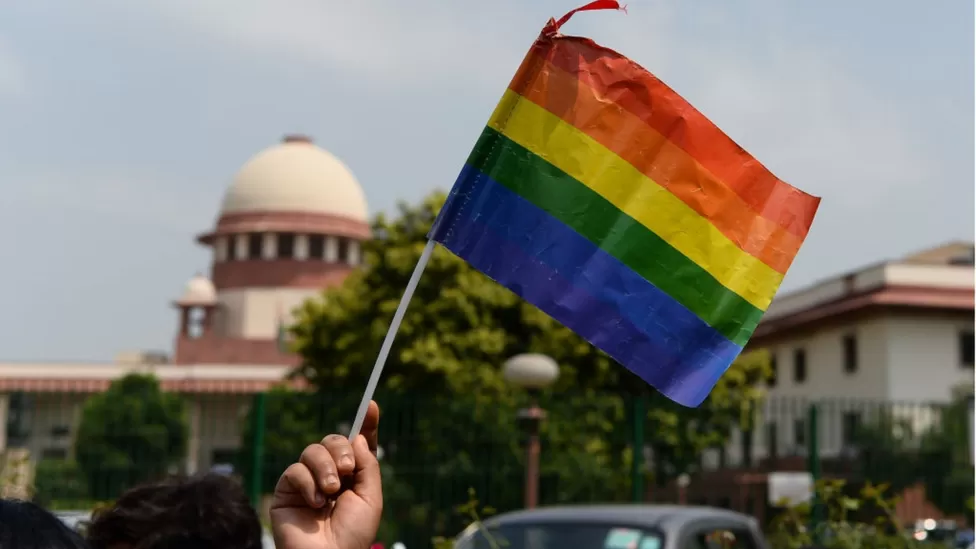India awaits historic Supreme Court verdict

According to the petitioners, not being able to marry violates their constitutional rights.
According to religious leaders and the government, same-sex unions violate Indian culture.
Marriage equality will give India’s tens of millions of LGBTQ+ people the right to marry.
Moreover, a number of other laws, such as those governing adoption, divorce, and inheritance, would have to be reimagined as a result.
The case was heard in April and May by a five-judge constitution bench. Chief Justice DY Chandrachud, who heads the bench, called it “a matter of seminal importance” and livestreamed the proceedings. On 12 May, the court reserved its decision.
Chandrachud said they would not interfere with religious personal laws, but examine whether a law governing inter-caste and inter-faith marriages could be amended to include LGBTQ+ people.
An estimated tens of millions of LGBTQ+ people live in this country. In 2012, the Indian government estimated their population at 2.5 million, but calculations using global estimates show it to be at least 10% of the total population – or more than 135 million. 21 petitions were filed by same-sex couples, LGBTQ+ activists, and organizations, including some raising children together.
